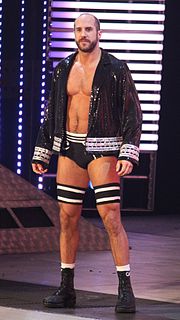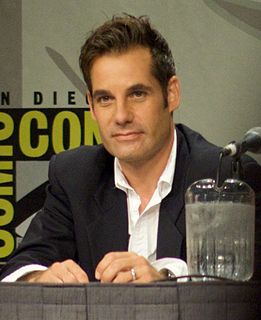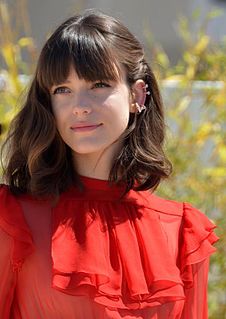A Quote by June Diane Raphael
There's a book called The Women's Room by Marilyn French that was a really big part of my personal feminist awakening growing up that I read.
Related Quotes
There were a lot of different things [in The Women's Room ]. I don't really want to summarize it in this way. It's about a woman's awakening, a woman who came of age in the '50s and is a teenager - actually, she's a little bit older - in the '60s and part of the women's movement and how she ends up there.
The best way to get kids to read a book is to say: 'This book is not appropriate for your age, and it has all sorts of horrible things in it like sex and death and some really big and complicated ideas, and you're better off not touching it until you're all grown up. I'm going to put it on this shelf and leave the room for a while. Don't open it.
I read everything. I'll read a John Grisham novel, I'll sit and read a whole book of poems by Maya Angelou, or I'll just read some Mary Oliver - this is a book that was given to me for Christmas. No particular genre. And I read in French, and I read in German, and I read in English. I love to see how other people use language.
I was always a feminist. My mother was a feminist; my grandmother was a feminist. I always understood women had to fight very hard to do what they wanted to do in the world - that it wasn't an easy choice. But I think the most important part is that we all want the right to be taken seriously as human beings, and to use our talents without reservation, and that's still not possible for women.


































